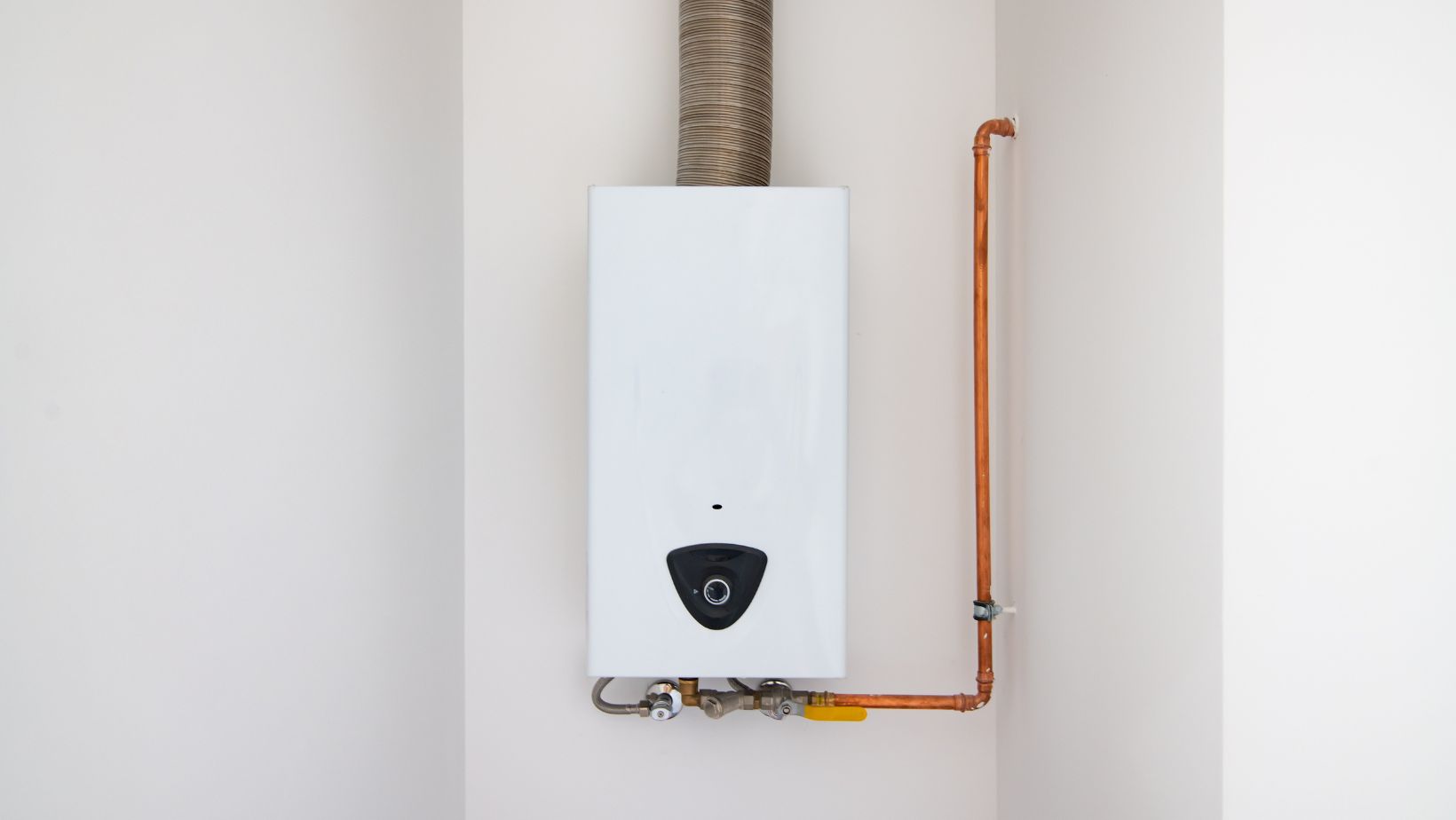Table of Contents
ToggleDIY Waste Oil Burning Heater For Garage
Are you tired of paying high heating bills for your garage during the winter months? Look no further! Today, I’m going to share with you a DIY project that will help you save money and keep your garage warm: a waste oil burning heater. With just a few simple steps, you can repurpose waste oil into a reliable heat source for your workspace.
Now, I know what you might be thinking – is it safe to burn waste oil? The answer is yes, as long as you follow proper safety precautions. Waste oil burning heaters are designed specifically for this purpose and have built-in safety features to ensure efficient and controlled combustion. Plus, by recycling your used oil instead of disposing of it, you’re contributing to environmental sustainability.
Choosing the Right Waste Oil for Your DIY Heater
When it comes to selecting the right waste oil for your DIY heater, there are a few important factors to consider. The type of waste oil you choose can have a significant impact on the performance and efficiency of your heater, so it’s crucial to make an informed decision. Here are some key points to keep in mind:
- Quality Matters: Opt for High-Quality Waste Oil Using high-quality waste oil is essential for optimal performance and longevity of your DIY heater. Look for waste oil that has been properly filtered and doesn’t contain contaminants or excessive water content. This will help prevent clogs, reduce maintenance requirements, and ensure clean combustion.
- Compatibility with Your Heater Design: Different DIY heater designs may have specific requirements when it comes to the type of waste oil they can efficiently burn. Some heaters may be designed specifically for used motor oil, while others can handle a wider range of waste oils such as hydraulic fluid or transmission fluid. Check the specifications and recommendations provided by the manufacturer or designer of your DIY heater before making a decision.
- Consider Fuel Availability: Take into account the availability of different types of waste oil in your area. If you have easy access to a particular type of waste oil, such as used motor oil from vehicles, that might be a convenient choice. However, if you have limited options locally, you may need to explore other sources or types of waste oils that are more readily available.
Remember, choosing the right waste oil for your DIY heater is crucial for its efficiency, performance, and overall functionality. Take the time to research and consider these factors carefully before making your decision.

Safety Precautions when Building a Waste Oil Burning Heater
When it comes to building a waste oil burning heater for your garage, safety should be your top priority. Working with waste oil and heating equipment can pose various risks if not handled properly. To ensure the well-being of yourself and those around you, here are some essential safety precautions to follow:
- Adequate Ventilation: Before starting any construction or operation, make sure your garage has proper ventilation. This is crucial for minimizing the risk of toxic fumes and ensuring good air circulation. Consider installing an exhaust fan or opening windows to maintain fresh airflow.
- Fire Safety Measures: Waste oil burning heaters involve open flames, so it’s vital to have fire safety measures in place. Keep a fire extinguisher nearby at all times and make sure it’s suitable for extinguishing oil fires. Additionally, clear any flammable materials away from the heater and never leave it unattended while in use.
- Proper Fuel Storage: Store your waste oil in approved containers specifically designed for this purpose. Ensure they are tightly sealed and stored in a well-ventilated area away from heat sources or ignition points.
- Regular Maintenance: Regularly inspect and maintain your waste oil burning heater to keep it in optimal condition. Clean out any accumulated debris or residue that could affect its performance or cause potential hazards.
Remember, building a waste oil burning heater requires technical knowledge and expertise. If you’re unsure about any aspect of the construction or operation, seek advice from professionals or consult relevant resources to ensure you take all necessary precautions.
By prioritizing safety throughout the process, you can enjoy the benefits of a DIY waste oil burning heater while minimizing potential risks. Stay informed, cautious, and vigilant for a safe and efficient garage heating solution.





